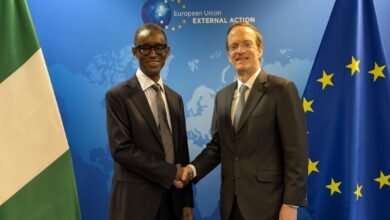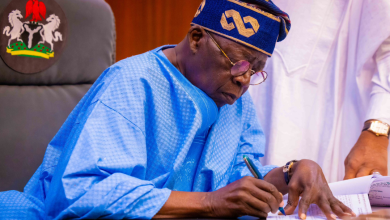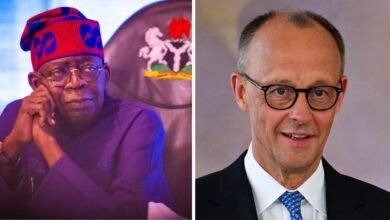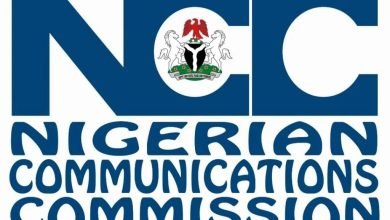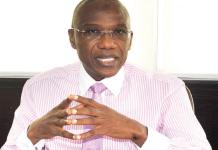LocalNewsTechnology
10 Things To Know About Buhari’s Historic Solar Power Project For Five Million Households
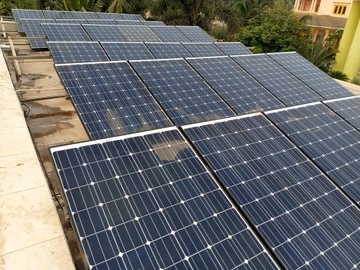
1. The Solar Power Project under the ESP is a strategy for the electrification of 5million households, serving about 25million Nigerians in rural areas and under-served urban communities. The 5 Million Connections initiative is a private sector-led electricity access acceleration scheme to be facilitated by a low-cost loan facility from the Central Bank of Nigeria (CBN) and implemented by the Rural Electrification Agency (REA).
2. The Solar Power Project is intended to achieve three main objectives namely:
• Increase energy access through 5million new solar connections serving about 25million individual Nigerians who are currently not connected to the National Grid.
• Increase local content in the off-grid solar value chain which will include the assembly/manufacturing of components of off-grid solutions to facilitate the growth of the local manufacturing industry, while the use of local content will be incentivized.
• Create 250,000 new jobs in the energy sector. Solar equipment manufacturers will be incentivized to set up facilities in Nigeria, offering additional job opportunities to Nigerians. In addition, installation, servicing and payment collections are expected to provide thousands of other jobs.
3. The cost of the Solar Power Project is N140billion and the President, by approving the work of the ESP chaired by VP Osinbajo, has mandated the Central Bank of Nigeria to ensure affordable lending facility to make it happen.
4. Therefore, the Central Bank of Nigeria, will be making preferential affordable interest rates between 5% – 10% available to companies involved in the energy/power sector. THIS IS SIGNIFICANT.
5. Over 60 companies in the solar power sub-sector have shown interest and disbursements are beginning early December 2020 followed soon by commencement of installations, both before the end of the year.
6. The Buhari Administration has ensured the interest rates are lower than the normal lending rate benchmark of 11.5% from commercial banks. This is to encourage private sector participation and ultimately reduce the cost of the solar panels and cost of maintenance.
7. There are 2 options for beneficiaries:
-Mini-grid which is a service provided continuously at an average cost of N1500 – N3000 monthly.
-Second: Solar Home Systems which beneficiaries would own after 3 years at an average cost of N4000 monthly.
*These rates vary based on capacities accessed.
8. The World Bank and other development partners including USAID, Sustainable Energy for All, Foreign, Commonwealth and Development Office are partly involved in the planning of the scheme ensuring compliance with global best practices systems efficiency. Specifically, the World Bank is providing 20% grant to support retail costs.
9. Companies involved in the assembly/manufacturing of components of off-grid solar solutions must be 70% Nigerian owned as the entire ESP is meant to facilitate and spur huge local productivity.
10. Besides, the design of the programme ensures the cumulative increase of local content, enabling the growth of local manufacture/assembly of solar panel components physically in the country. At the end of the programme, this will peak at 30%.

